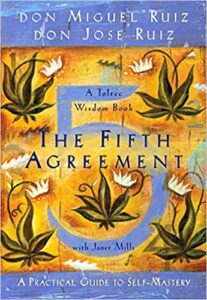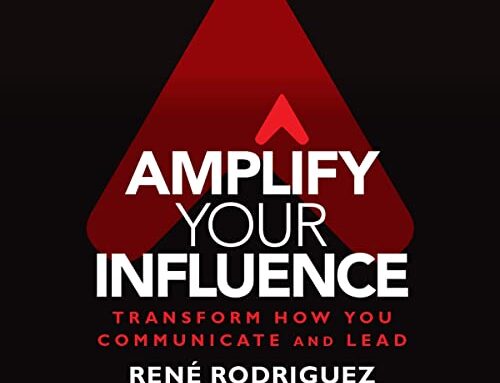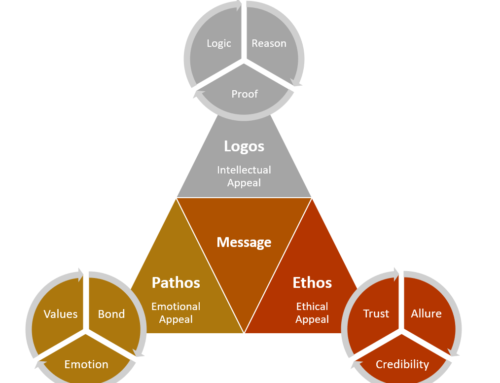Amazon describes the book “The Four Agreements” as offering a powerful code of conduct that can rapidly transform our lives to a new experience of freedom, true happiness, and love. The author reveals the source of self-limiting beliefs that rob us of joy and create needless suffering.
I describe is as the “best book per word” I have ever read. This series is on the subsequent book “The 5th Agreement.” Where they cover and expand upon the original 4 agreements – and add new wisdom.

POWER OF SYMBOLS
You are programmed to be you, whatever you are, and it makes no difference to the program what your mind thinks you are. The program is not in the thinking mind. Your body begins to develop, your mind begins to mature, and you begin to use symbols to deliver your message.
If you were born on an island and then lived all alone, it might take you ten years, but you would give a name to everything that you see, and you would use that language to communicate a message, even if it was only to yourself. Why would you do this? Well, it’s easy to understand, and it’s not because humans are so intelligent. It’s because we are programmed to create a language, to invent an entire symbology for ourselves.
As you know, all around the world humans speak and write in thousands of different languages. Humans have invented all kinds of symbols to communicate not only with other humans but more importantly with ourselves. The symbols can be sounds that we speak, motions that we make, or handwriting and signs that are graphic in nature. There are symbols for objects, ideas, music, and mathematics, but the introduction of sounds is the very first step, which means we learn to use symbols to speak.
In truth, we are domesticated the same way that a dog, a cat, or any animal is domesticated: through a system of punishment and reward. We are told that we’re a good boy or a good girl when we do what the grown-ups want us to do; we’re a bad boy or a bad girl when we don’t do what they want us to do.
In human domestication, all the rules and values of our family and society are imposed on us. We don’t have the opportunity to choose our beliefs; we are told what to believe, and what not to believe. The people we live with tell us their opinions: what is good and what is bad, what is right and what is wrong, what is beautiful and what is ugly. Just like a computer, all that information is downloaded into our head.
Using the attention, the grown-ups teach us how to create an entire reality in our mind with the use of symbols. After they teach us a symbology by sound, the grown-ups drill us with our ABCs, and we learn the same language, but graphically. Our imagination begins to develop, our curiosity grows stronger, and we start to ask questions. We ask and ask, and we keep asking questions; we gather information from everywhere.
Once we give meaning to the symbols, we begin to use them to try to make sense of everything that happens in our lives. Now the symbols that we learned are hooking our attention all by themselves. It’s what we know that’s talking to us, and we are listening to what our knowledge says. I call it the voice of knowledge because knowledge is talking in our head.
The voice isn’t real; it’s our creation. But we believe that it’s real because we give it life through the power of our faith, which means we believe without a doubt what that voice is telling us. This is when the opinions of the humans around us start taking over our mind.
Everybody has an opinion of us, and they tell us what we are. As very young children, we don’t know what we are. The only way we can see ourselves is through a mirror, and other people act as that mirror. Our mother tells us what we are, and we believe her. It’s completely different from what our father tells us, or what our brothers and sisters tell us, but we agree with them, too. People tell us how we look, and it’s especially true when we are little children.
At a certain point, all the opinions of our parents and teachers, religion and society, make us believe that we need to be a certain way in order to be accepted. They tell us the way we should be, the way we should look, the way we should behave. We need to be this way; we shouldn’t be that way — and because it’s not okay for us to be what we are, we start pretending to be what we are not. The fear of being rejected becomes the fear of not being good enough, and we start searching for something that we call perfection. In our search, we form an image of perfection, the way we wish to be, but we know that we are not, and we begin to judge ourselves for that.
This is when the drama begins, because now the symbols are going against us. We don’t even notice that we’ve learned to use the symbols to reject ourselves. After domestication, we try to be good enough for everybody else, but we are no longer good enough for ourselves, because we can never live up to our image of perfection.
By the time we are teenagers, we don’t need anyone to domesticate us; we have learned to judge ourselves, punish ourselves, and reward ourselves according to the same belief system we were given, and using the same system of punishment and reward.
We start searching once again, but now, more and more, what we are searching for is our self. We are searching for love because we have learned to believe that love is somewhere outside of us; we are searching for justice because there is no justice in the belief system we were taught; we are searching for truth because we only believe in the knowledge we have stored in our mind.


